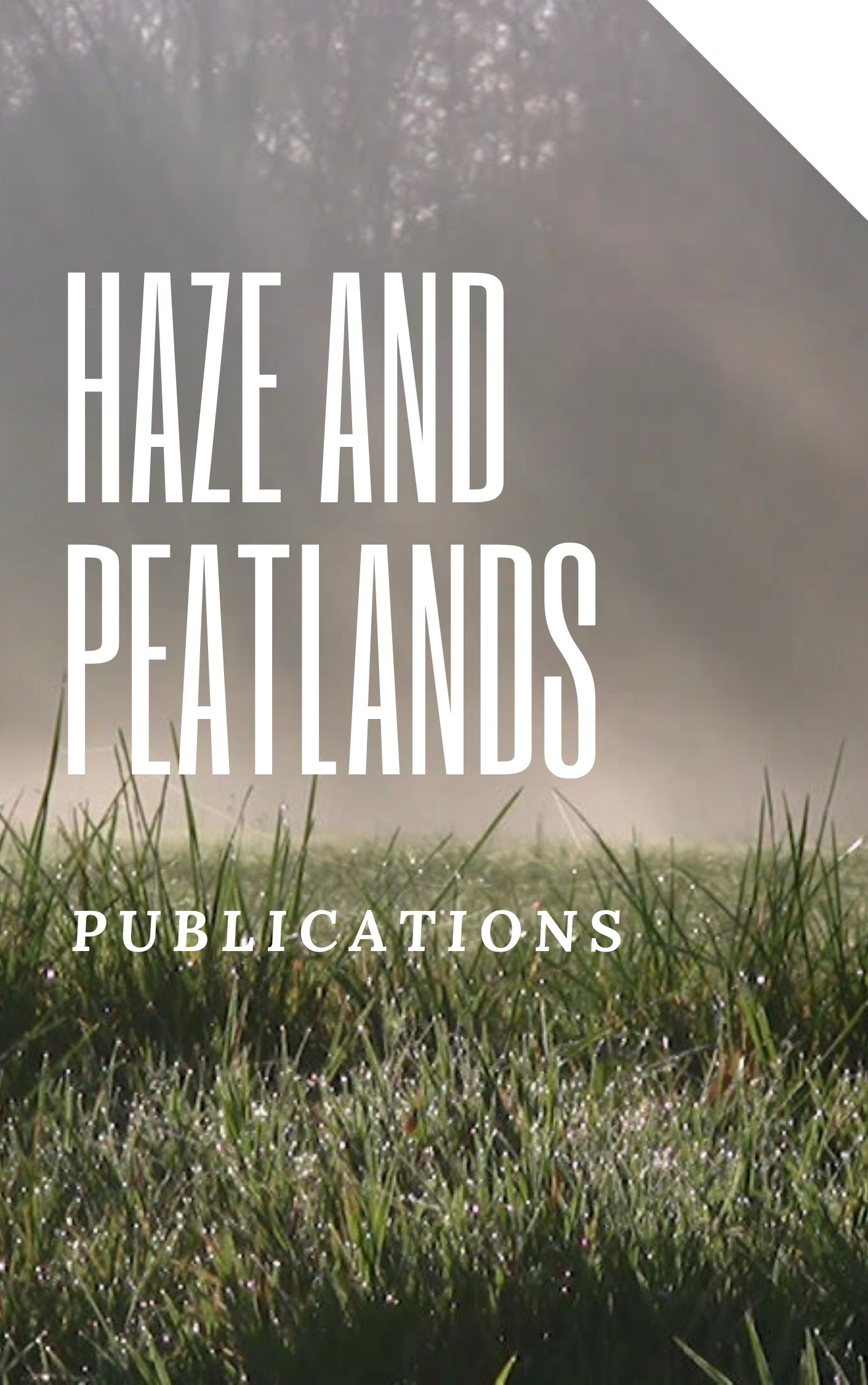The tropical Far East has many outcrops of ultramafic rock including very large areas in Sulawesi (c. 8000 km2) and New Caledonia (c. 5500 km2). The outcrops occur under several different climates, and give rise to a range of soils, the characteristics of which are reviewed. The vegetation on them is very varied. Under the same climate one can find grassland, scrub, and both short and tall rain forests. The variation in species richness on the ultramafics is difficult to explain. The degree of endemism varies too; it is probably less dependent on soil characteristics than on historical factors. The causes of the various unusual types of vegetation on ultramafic outcrops are discussed. It is possible that the somewhat dwarfed forests result from a shortage of one or more major nutrients or from very high soil Mg/Ca quotients or high Ni concentrations. The distinct 'maquis' vegetation of New Caledonia, and probably ultramafic scrub elsewhere, has evolved in relation to not only the soil chemical factors just listed but also periodic fire and varying degrees of drought. Fires are certainly more important than was once thought and the adverse soil factors may have a role in delaying recolonisation. The plant chemistry is notable for the presence of species which hyperaccumulate certain elements, notably Ni. This phenomenon is discussed in relation to its ecological importance, which may be protection of the hyperaccumulators against herbivores. The need for a conservation policy for the ultramafic areas is stressed, and mention is made of the restoration work on sites damaged by nickel mining in New Caledonia.
View source

